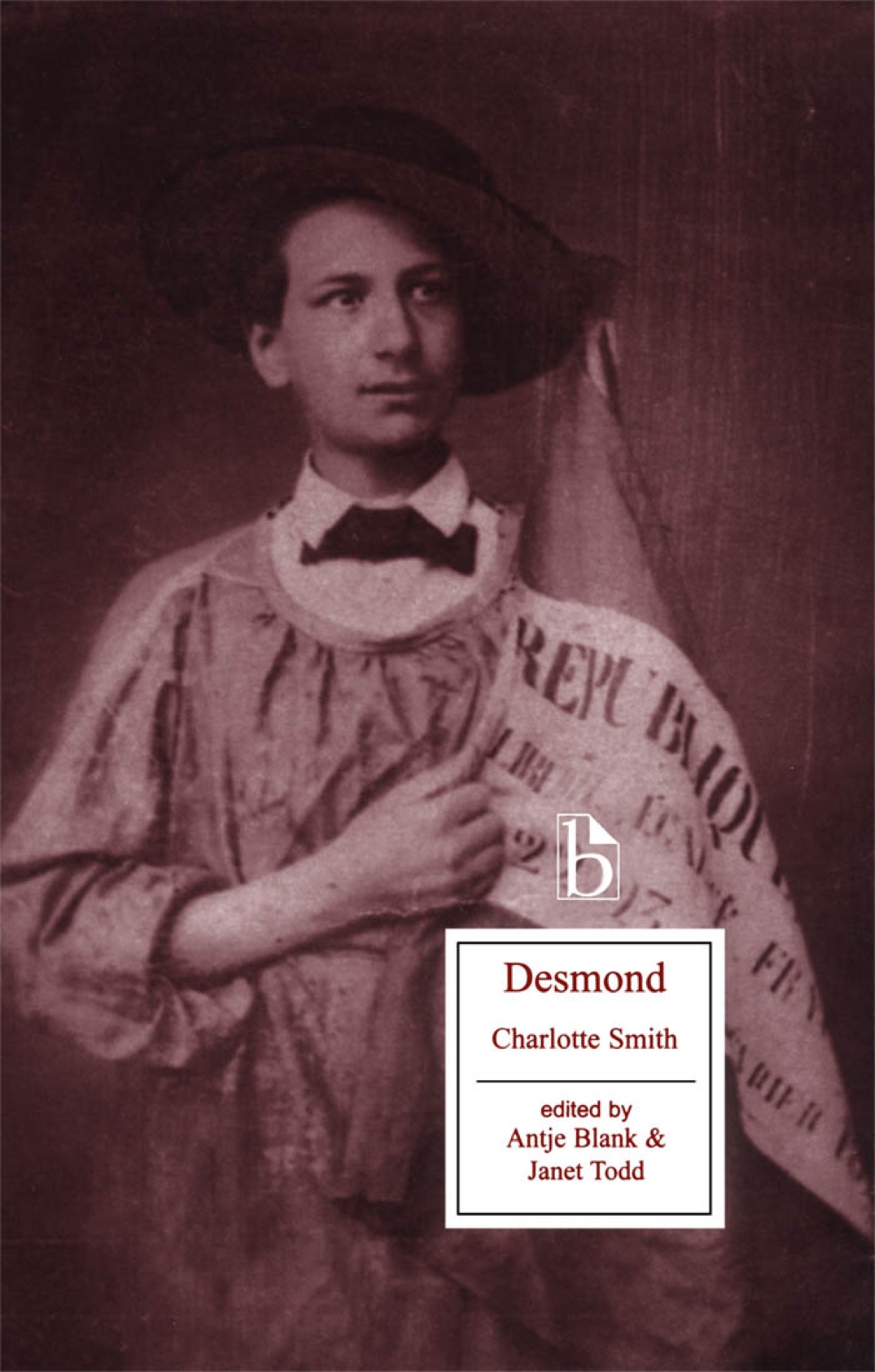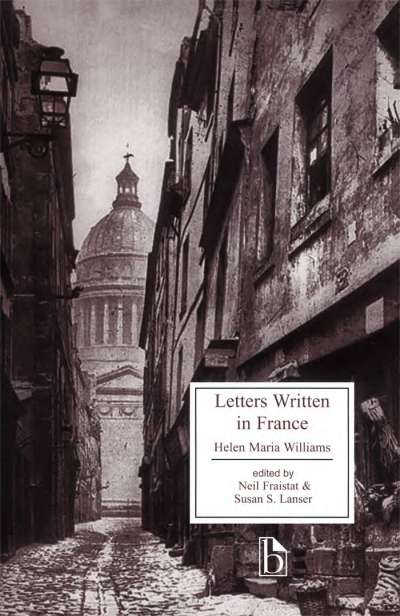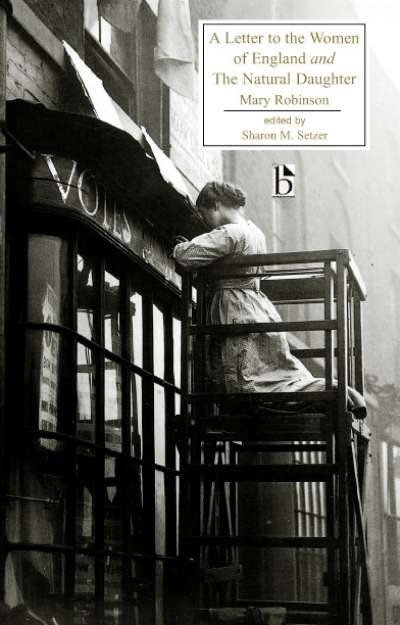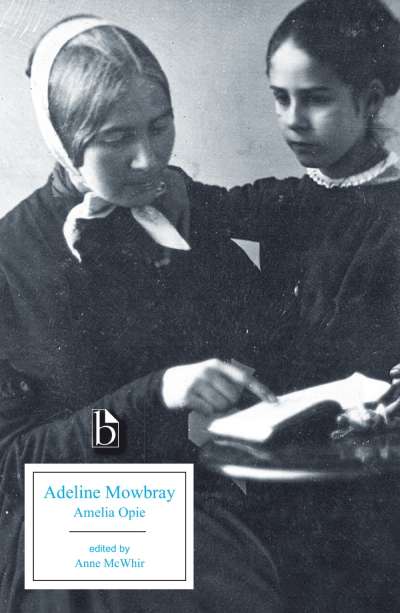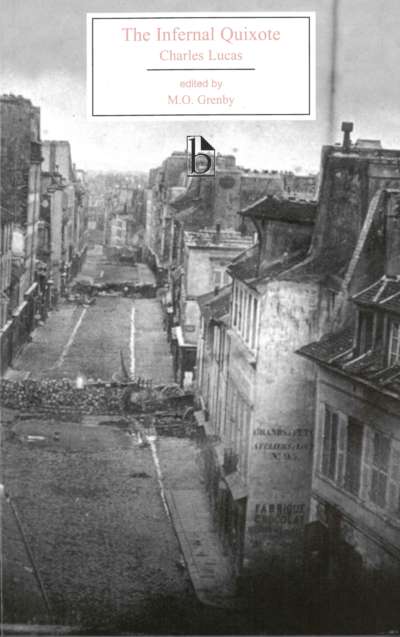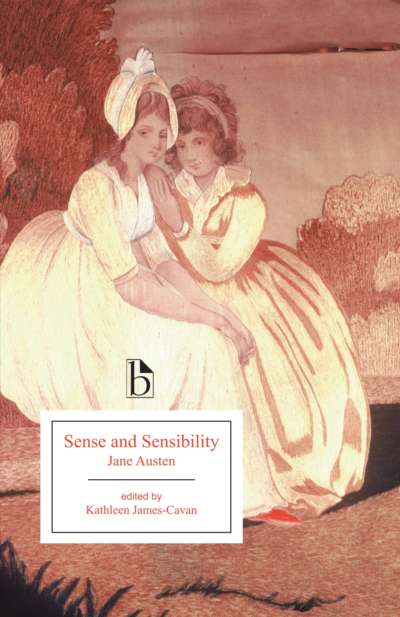Desmond is a political novel about the French Revolution. It is Charlotte Smith’s only epistolary work, and it is her most politically radical piece. Written in response to Edmund Burke’s Reflections on the Revolution in France, Smith’s Desmond fuses political discussion with romance, social satire and a suspenseful plot revolving around a liberal hero desperately in love with a woman who is married to a drunken anti-revolutionary. Whereas Burke represented the French Revolution as a sentimental drama, Smith draws out the parallel between political and domestic tyranny to show how the disenfranchisement of British women under eighteenth-century common law resembled the political tyranny of the French absolutist monarchy.
Comments
“Desmond is perhaps Charlotte Smith’s most trenchant and most daring work, and is certainly among the most important polemical novels of the period. The Preface by Blank and Todd is both authoritative and absorbing, and the detailed notes and contextual material they provide are informative and illuminating. Indeed, if one had to pick a single novel to introduce the turbulent 1790s, this novel, along with the supporting material provided by Blank and Todd, would be it.” — Claudia L. Johnson, Princeton University
“This exceptional edition of Desmond is a windfall for all who are interested in the incendiary world of late eighteenth-century England. Following Edmund Burke and Mary Wollstonecraft, Charlotte Smith adapts sentimental convention to social critique through her story of Geraldine Verney, bound to a tyrannical husband. Antje Blank and Janet Todd provide a superb introduction that sets the narrative in the biographical context of Smith’s own domestic travails (which included a spendthrift husband, a legally inaccessible inheritance, and nine hungry children), along with vital intertextual materials, such as Burke’s Reflections on the Revolution in France, Wollstonecraft’s A Vindication of the Rights of Men, Helen Maria Williams’ Letters Written in France, and Smith’s own letters and narrative poem, The Emigrants. Readers drawn to Charlotte Smith through her poetry can now access her as a powerful novelist.” — Denise Gigante, Stanford University

